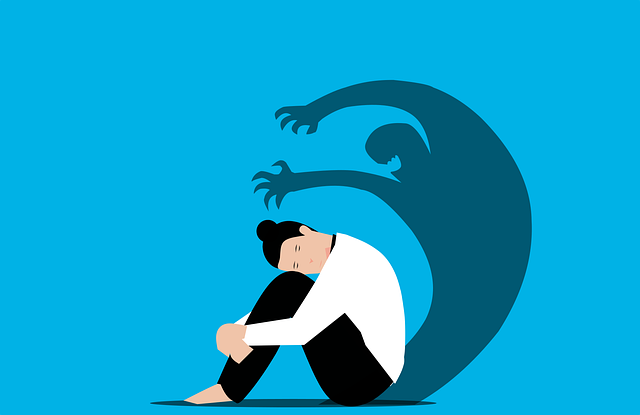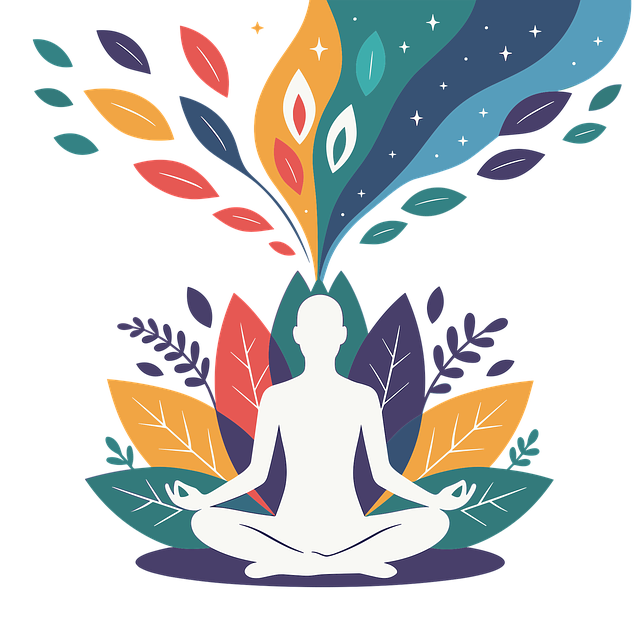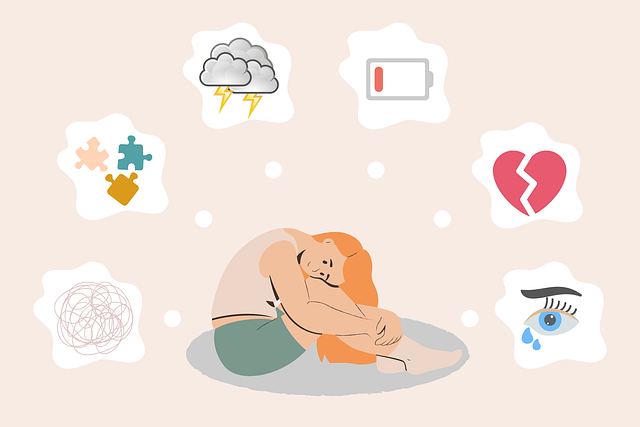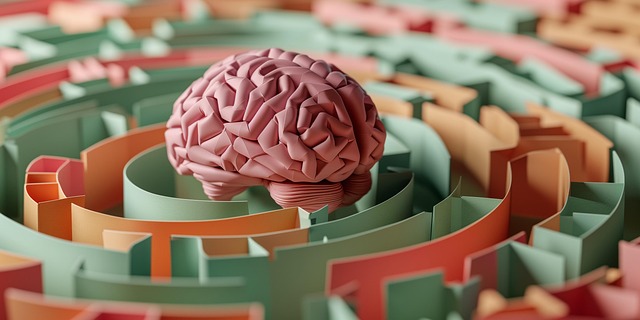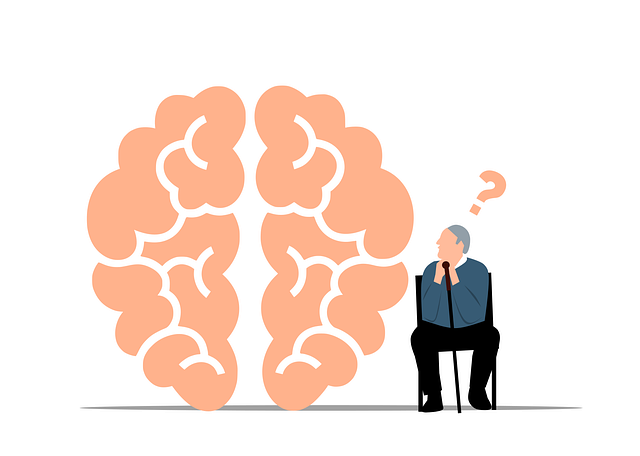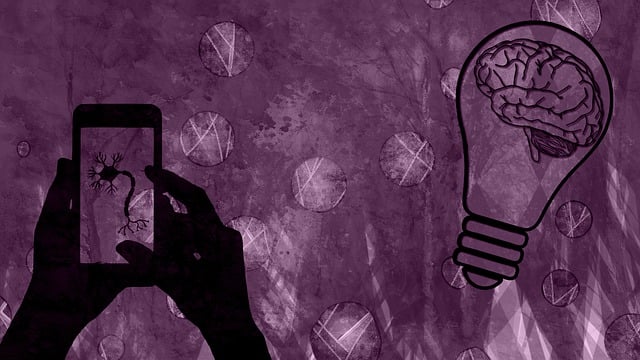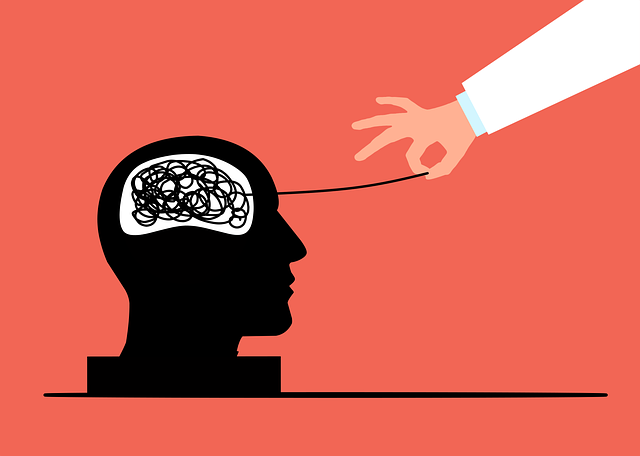Mental wellness is crucial for healthy aging, especially addressing communication issues and mental health challenges faced by elderly couples. Tailored therapy improves their connection, understanding, and resilience, while reducing stigma encourages open dialogue. Journaling, as a therapeutic tool, helps elders express emotions, reflect on experiences, gain clarity, identify triggers, and enhance emotional intelligence, ultimately strengthening relationships and mental wellness through collaborative problem-solving.
Mental wellness journaling offers a powerful tool for elderly couples seeking to enhance their relationships and navigate life’s challenges. This article explores the intersection of mental wellness and its profound impact on older adults, highlighting how journaling can serve as an effective therapy. We provide practical guidance on using journaling as a means of communication, offering strategies to overcome common issues that may arise. By incorporating this exercise, couples can foster deeper connections, improve understanding, and cultivate resilience in their later years. Discover the transformative potential of mental wellness journaling for elderly couples, focusing on communication issues through structured writing practices.
- Understanding Mental Wellness and Its Impact on Elderly Couples
- Journaling as a Therapy: A Guide for Effective Communication
- Strategies for Overcoming Communication Issues Through Journaling
Understanding Mental Wellness and Its Impact on Elderly Couples

Mental wellness is a vital aspect of overall health, especially for elderly couples navigating the complexities of aging and potential mental illness. As people age, they may face increased loneliness, reduced mobility, or changes in their social networks, all of which can contribute to developing communication issues and exacerbating existing mental health conditions. The impact of these challenges can be profound, leading to feelings of isolation, depression, and anxiety—issues that are often compounded for elderly couples due to interdependent relationships and shared histories.
Understanding the intricate dynamics of aging couples is crucial when addressing their mental wellness. Therapy specifically tailored for elder couples can play a significant role in enhancing communication, fostering understanding, and promoting resilience. By acknowledging and challenging the Mental Illness Stigma Reduction Efforts and engaging in open dialogue, these pairs can improve their connection while adopting Mind Over Matter principles to navigate life’s transitions collectively. Public Awareness Campaigns Development initiatives also contribute to destigmatizing mental health conversations among older adults, encouraging them to seek support and participate actively in maintaining their emotional well-being.
Journaling as a Therapy: A Guide for Effective Communication

Journaling has emerged as a powerful therapy for individuals seeking to improve their mental health and communication skills. For elders or couples experiencing relationship challenges, this practice can be particularly beneficial. The simple act of putting thoughts and feelings into words can help clarify emotions, identify triggers, and promote better understanding—essential aspects of overcoming communication issues.
Effective journaling involves creating a safe and non-judgmental space to express oneself. By reflecting on daily experiences, individuals can uncover underlying stressors or recurring themes in their lives. This self-awareness fosters more meaningful conversations with partners or loved ones, potentially leading to improved relationships and overall mental wellness. Mental health education programs design often incorporate journaling as a stress reduction method, highlighting its value in enhancing emotional intelligence and facilitating open dialogue.
Strategies for Overcoming Communication Issues Through Journaling

Journaling can be a powerful tool to overcome communication issues within elder couples, serving as a form of therapy that promotes emotional healing processes. By putting their thoughts and feelings into words, partners can better understand each other’s perspectives, fostering open dialogue. This is especially beneficial for older adults who may experience challenges with memory or expression; journaling allows them to communicate their needs and emotions in a structured yet personal way.
The act of journaling encourages introspection, facilitating self-esteem improvement and inner strength development. It provides a safe space for individuals to explore their emotions, reflect on past experiences, and gain insights into their relationships. Through this process, couples can identify patterns in communication breakdowns and work collaboratively to find solutions, strengthening their bond and improving overall mental wellness.
Mental wellness journaling can serve as a powerful therapy for elderly couples, fostering effective communication and addressing communication issues head-on. By providing a private space to express thoughts and feelings, journaling encourages introspection and empathy, vital components in maintaining strong relationships. Incorporating this simple yet profound practice into their routine can significantly enhance the emotional well-being of older adults, offering a practical approach to managing mental health challenges unique to their generation. Through regular reflection and honest expression, elderly couples can deepen their connection, improve understanding, and ultimately, enrich their lives together.

